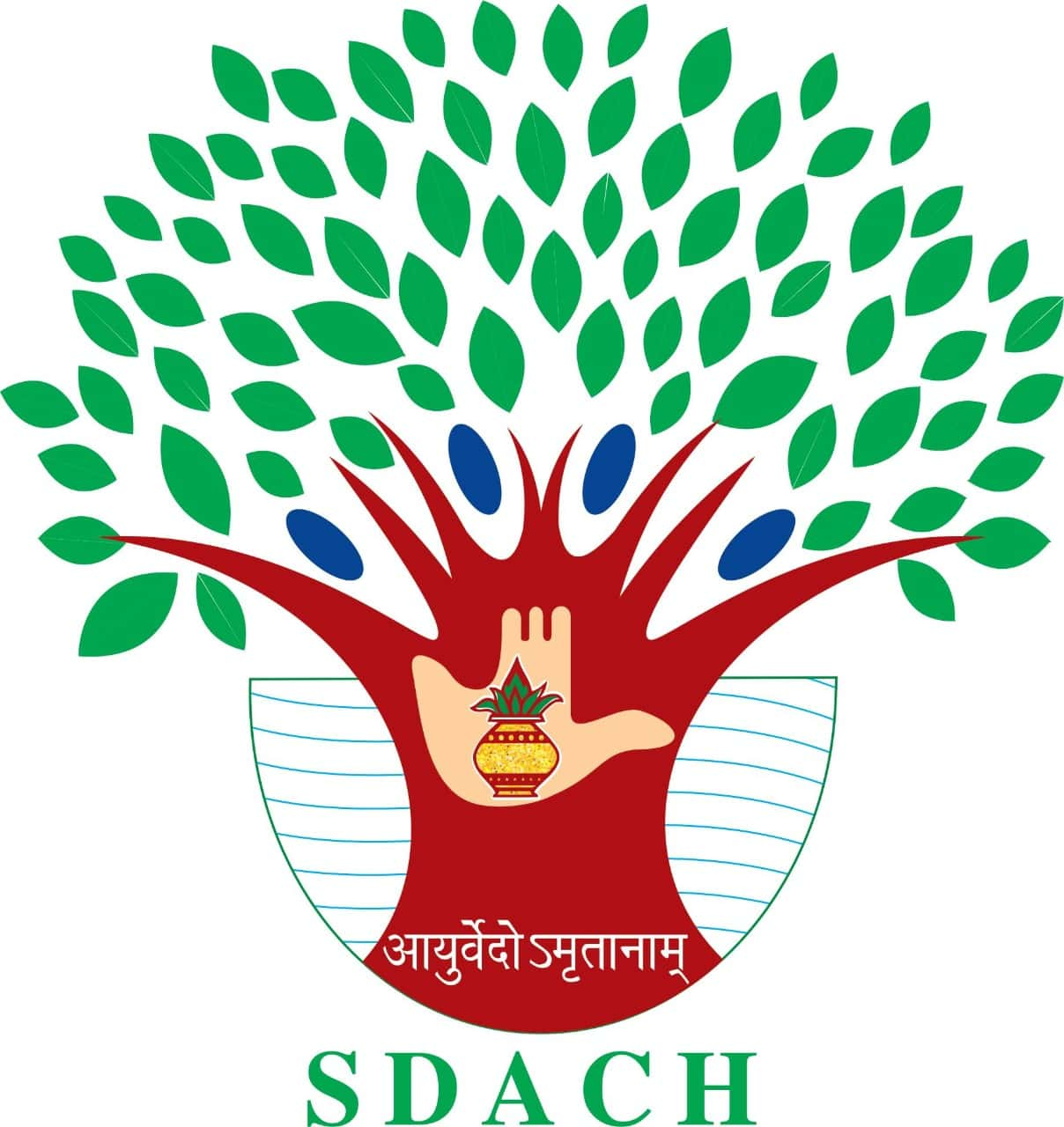Botanical Name : Senna tora (L.) Roxb.
Family : Fabaceae
Introduction :
Senna tora (originally described by Linnaeus as Cassia tora) is a plant species in the family Fabaceae and the subfamily Caesalpinioideae. Its name is derived from its Sinhala name tora
Names in different Indian languages :
English : Pot Cassia
Hindi : Chakunda
Kannada : Chagate
Malayalam : Takara
Sanskrit : Chakramarda
Tamil : Tagrai
Synonyms :
Prapunnaad, edagaja, dadrugna
Morphology :
Senna tora is an herbaceous annual foetid herb. The plant can grow 30–90 centimetres (12–35 in) tall and consists of alternative pinnate leaves with leaflets mostly with three opposite pairs that are obovate in shape with a rounded tip. The leaves grow up to 3–4.5 centimeters long. The stems have distinct smelling foliage when young. The flowers occur in pairs in axils of leaves with five petals and pale yellow in colour. The stamens are of unequal length. The pods are somewhat flattened or four angled, 10–15 cm long and sickle shaped, hence the common name sickle pod. There are 30–50 seeds within a pod.
Distribution & Habitat :
All over India
Chemical constituents :
Anthroquinones, chrysophanol,Emodin, obtusifolin, obtusin, chryso-obtusin, auranto-obtusin,and their glycosides.
Properties :
Guna : laghu, ruksha;
Rasa : katu
Virya : ushna:
Vipaka: katu
Karma :
Vatapitta hara,
Srotogamitva :
Dosha : pittanila hara
Dhatu : Rakta
Mala : srsta vinmootra
Indication :
dadrugna,jvaragna, swasa hara, mehahara
Part used :
Seed, leaves
Dosage :
Leaf juice 5-10 ml
Seed Powder 1-3g
Decoction 50-100 ml
Uses :
The root is used in snakebite.
The dried and fresh leaves are used in northern Nigeria in the treatment of ulcers, ring worm and other parasitic skin diseases. In cultures, the leaf extracts of the plant showed anti-bacterial activity. Antiviral activity, particularly against Newcastle disease virus and Vaccinia virus.
The Cassia Tora Seed, ripe seed of sickle pod, is a highly valued ancient Chinese herb. As defined in Ayurveda these seeds of Cassia Tora are great laxatives, ophthalmics, anthelmintics and expectorants. Its main constituents include derivatives of anthraquinone, chrysophanol, emodin, rhein and fixed oil. Due to the cold nature of the fruit from which they are extracted, the Cassia Tora seeds are the excellent sources for cooling down the body. Used as aperients and purgatives the seeds are help to loosen the bowels to relieve constipation.
Traditionally, the leaves of Chakvad are popular as potherb. It is used as a natural pesticide in the organic farms of India. It has been reported that Cassia tora contains chrysophanic acid-9-anthrone which is an important fungicide. The intake of these seeds can cure skin diseases like ring worm, itch and psoriasis. These herbal seeds can also remove intense heat from the liver and improve the acuity of sight and loosen the bowels to relieve constipation.





